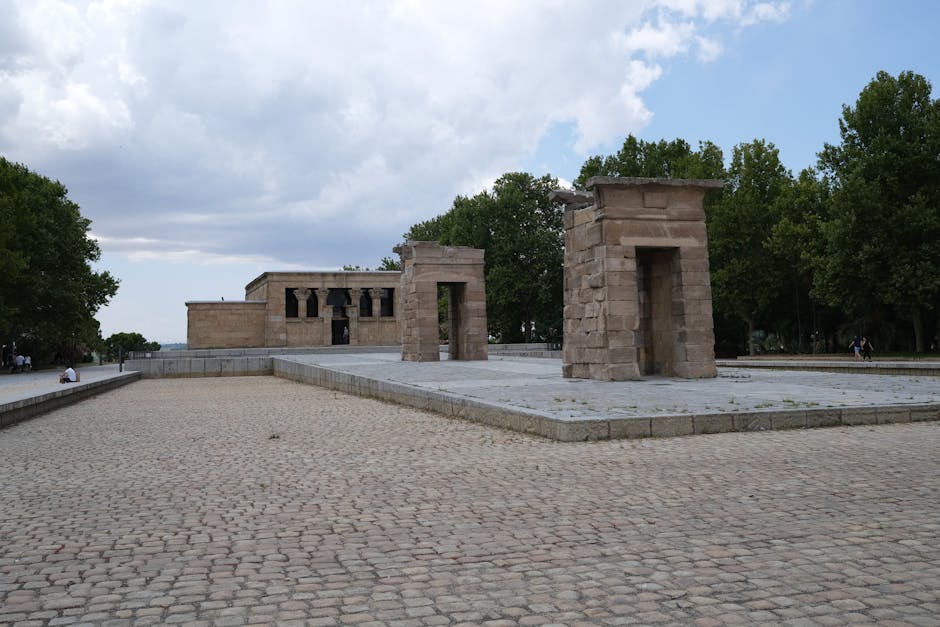A profound examination of human history reveals a continuous thread of inquiry into the nature of existence, knowledge, ethics, and the universe. Philosophical movements, constantly evolving and interacting, have shaped civilizations, influenced societal structures, and profoundly impacted the way we understand ourselves and our place in the cosmos. This exploration will chart some of the most significant philosophical currents that have flowed through the millennia, connecting them to historical contexts and archaeological discoveries.
Ancient Wisdom: Foundations of Thought
Early philosophical endeavors, often embedded within religious and cosmological frameworks, emerged in civilizations like ancient Greece, Mesopotamia, and Egypt. These nascent philosophical inquiries grapple with fundamental questions of being, purpose, and the very fabric of reality. In ancient Greece, thinkers like Thales, Heraclitus, and Parmenides sought rational explanations for natural phenomena, paving the way for the development of scientific thought and logic. Their investigations, recorded in fragments and philosophical dialogues, offer a glimpse into the intellectual ferment of the time. Archaeological evidence, such as the intricate architecture of ancient temples and the development of writing systems, provides context for these philosophical explorations, suggesting a deep connection between philosophical reflection and societal organization.
Socrates, Plato, and Aristotle: The Athenian Canon
The golden age of Greek philosophy saw the emergence of Socrates, a figure whose methods and ethical inquiries profoundly impacted subsequent philosophical thought. His focus on the pursuit of knowledge and virtue, emphasized through relentless questioning, became a defining characteristic of Western philosophy. Plato, Socrates’ student, further elaborated on these ideas, developing a theory of Forms, suggesting a realm of perfect ideals beyond the physical world. His work, notably the *Republic*, offers a detailed exploration of justice, governance, and the ideal society. Aristotle, another student of Plato, systematized philosophical thought, meticulously examining logic, ethics, metaphysics, politics, and aesthetics. Their works, preserved through centuries, stand as cornerstones of Western philosophical tradition. Archaeological remnants of Athenian society, from civic structures to artistic representations, mirror the philosophical ideas of the time.
Stoicism, Epicureanism, and Skepticism: Hellenistic Echoes
Following the conquests of Alexander the Great, the Hellenistic period witnessed the emergence of various philosophical schools, each addressing the complexities of a world undergoing significant transformation. Stoicism, with its emphasis on virtue, reason, and acceptance of fate, resonated with a populace navigating political instability. Epicureanism, prioritizing pleasure and tranquility, offered a different path to happiness, one emphasizing the pursuit of a life free from fear and pain. Skepticism, emphasizing the limitations of human knowledge, challenged established beliefs and encouraged critical inquiry. Archaeological sites from this period, including the cities and settlements that flourished under Hellenistic rule, offer tangible evidence of the diverse philosophical viewpoints that influenced these societies.
The Rise of Christianity and Medieval Thought
The advent of Christianity profoundly reshaped the intellectual landscape of the West. Christian philosophy, integrating elements of Greek philosophy with religious doctrine, explored the nature of God, the soul, and the relationship between faith and reason. Thinkers like Augustine, who wrestled with the tension between divine grace and human agency, left an enduring mark on the development of Western Christian thought. During the Middle Ages, scholasticism, characterized by systematic theological and philosophical inquiries, played a key role in preserving and interpreting ancient texts. Archaeological evidence from monastic settlements and cathedrals provides visual representations of the religious beliefs and philosophical inquiries prevalent during this period.
The Renaissance and Enlightenment: A Shift in Focus
The Renaissance saw a resurgence of interest in classical Greek and Roman texts, prompting new interpretations and a renewed emphasis on human potential and reason. Humanist thinkers emphasized human experience and earthly affairs, diverging from the predominantly theological focus of the preceding centuries. The Enlightenment, building on these foundations, emphasized reason, individualism, and the pursuit of knowledge through empirical observation. Thinkers such as John Locke and Immanuel Kant challenged established norms and championed individual liberty, shaping political thought and inspiring revolutions. Archaeological studies of Renaissance art and architecture provide insights into the renewed appreciation for classical ideals during this period.
Modernism and Beyond: Navigating Complexity
Modern philosophy, characterized by a range of perspectives and schools, grappled with the complexities of the modern world. Existentialism, emphasizing individual freedom and responsibility, emerged in response to the horrors of war and societal upheaval. Postmodernism, questioning grand narratives and universal truths, challenged traditional philosophical frameworks. Contemporary philosophical inquiries, often influenced by scientific advancements and social complexities, continue to address fundamental questions of identity, morality, and the future of humanity. Archaeological findings continue to offer valuable insights into contemporary human societies, providing context for philosophical inquiries regarding social structures and cultural values.
Conclusion: The Enduring Relevance of Philosophical Inquiry
The philosophical movements of the past, from ancient wisdom traditions to modern critiques, represent an ongoing human quest to understand our place in the universe. By examining these historical trends through the lens of history and archaeology, we gain a deeper appreciation for the diverse perspectives that have shaped human thought and experience. These explorations, while often separated by time and culture, ultimately contribute to a richer understanding of the ongoing search for meaning and the enduring human spirit of inquiry.
